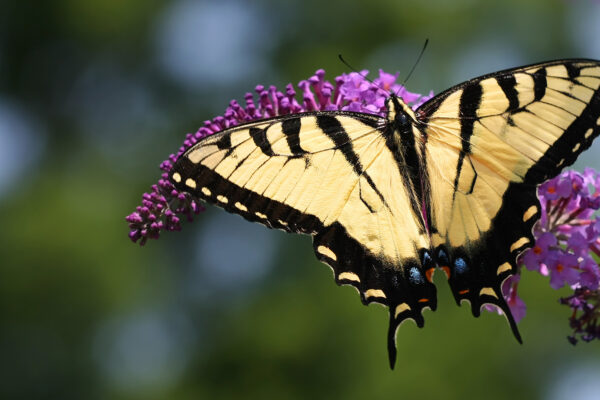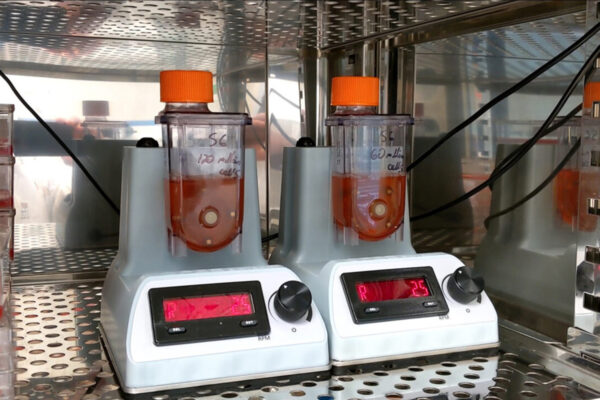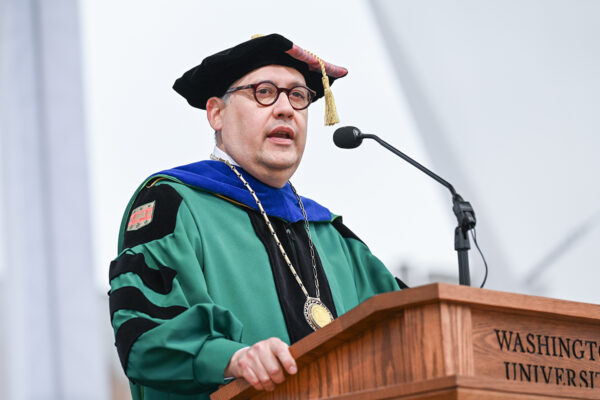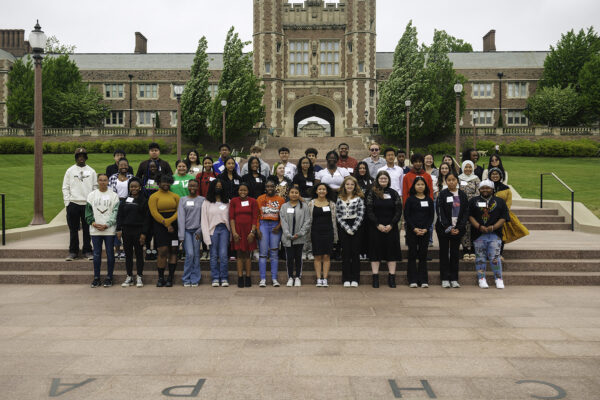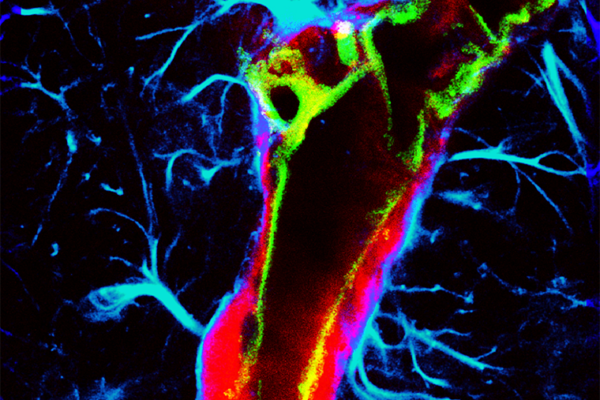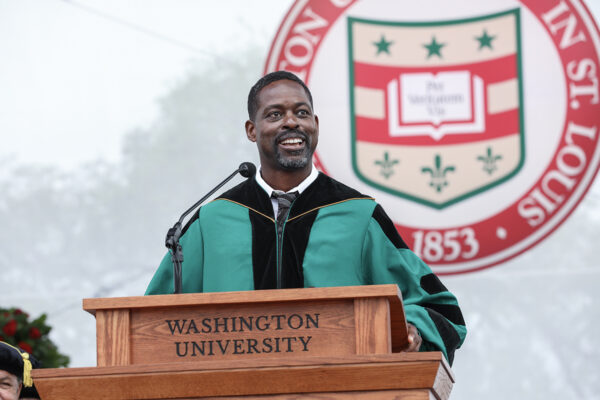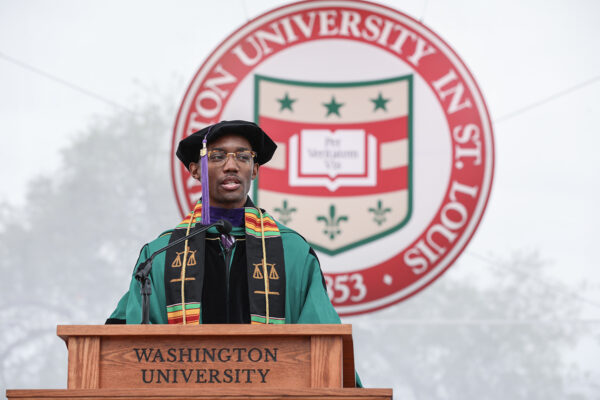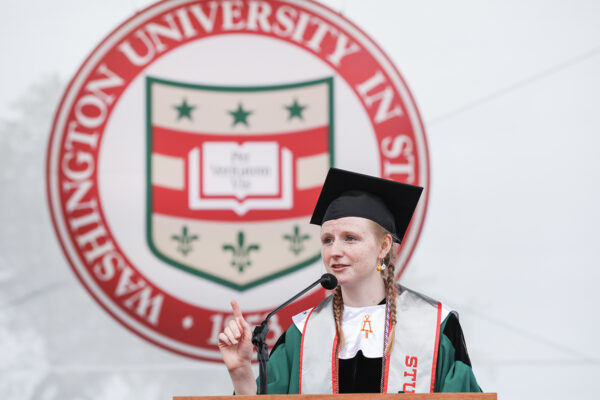Butterfly beginnings
Biologists including Michael Landis in Arts & Sciences worked with researchers from dozens of countries to reconstruct the origin and global spread of butterflies. The resulting butterfly tree of life reveals that they got their start in North America.
Findings may lead to improved insulin-secreting cells derived from stem cells
Diabetes researchers at the School of Medicine have learned why islet beta cells produced from stem cells may not be as good at making insulin in response to blood sugar. The findings could improve treatment for those with insulin-dependent diabetes.
Chancellor Andrew D. Martin’s message to the Class of 2023
In his remarks to the Washington University in St. Louis Class of 2023, Chancellor Andrew D. Martin encouraged graduates to “remember your resilience, and use your creativity, your curiosity, your care and your courage to change the world.”
WashU welcomes next cohort of College Prep Program
The students represent public, private and charter schools from across the region. As College Prep scholars, they will study in Washington University laboratories and studios, attend classes led by university faculty and learn the skills needed to thrive in college. Rising sophomores and juniors will attend two weeks of activities on campus; rising seniors will attend classes for three weeks while living in campus residential halls.
Insight into brain’s waste clearing system may shed light on brain diseases
Researchers at the McKelvey School of Engineering discovered how to use focused ultrasound with microbubbles to examine the glymphatic system. Impairments in this system may contribute to brain diseases, such as neurodegenerative diseases and stroke.
Brown urges graduates to listen to their internal voice
Sterling K. Brown, a St. Louis native and an award-winning actor and producer, gave the Commencement address May 15, urging graduates to follow their inner voice, to replace fear with curiosity, and to know that they can love friends and family even when they disagree.
Sterling K. Brown’s 2023 Commencement address
Award-winning actor Sterling K. Brown delivered the 2023 Commencement address at Washington University in St. Louis on May 15, encouraging graduates to follow their inner voice. Read his remarks.
Graduate student speaker Nicholas Armstrong’s address to the Class of 2023
Graduate student speaker Nicholas Armstrong, who earned a juris doctor from the School of Law, told the Class of 2023 that what starts at WashU can change the world.
Undergraduate student speaker Samm Kaiser’s address to the Class of 2023
Undergraduate student speaker Samm Kaiser, who earned a degree in computer science and math from the McKelvey School of Engineering and in environmental analysis from Arts & Sciences, explained why life’s contraindications are both necessary and enlightening.
Commencement student speakers reflect on their academic journeys
Nicholas Armstrong and Samm Kaiser will speak at the university’s 162nd Commencement Ceremony at 9 a.m. Monday, May 15.
View More Stories
